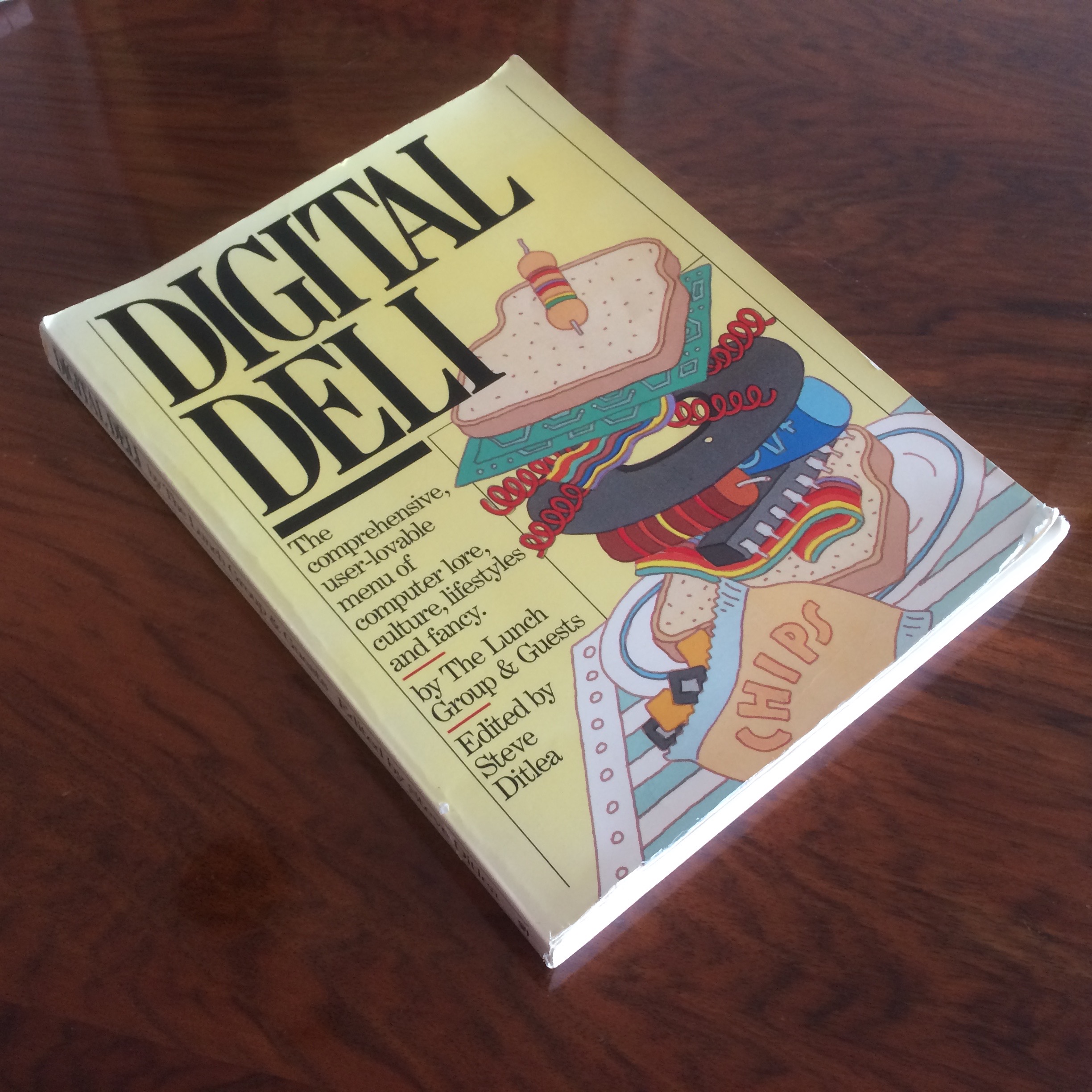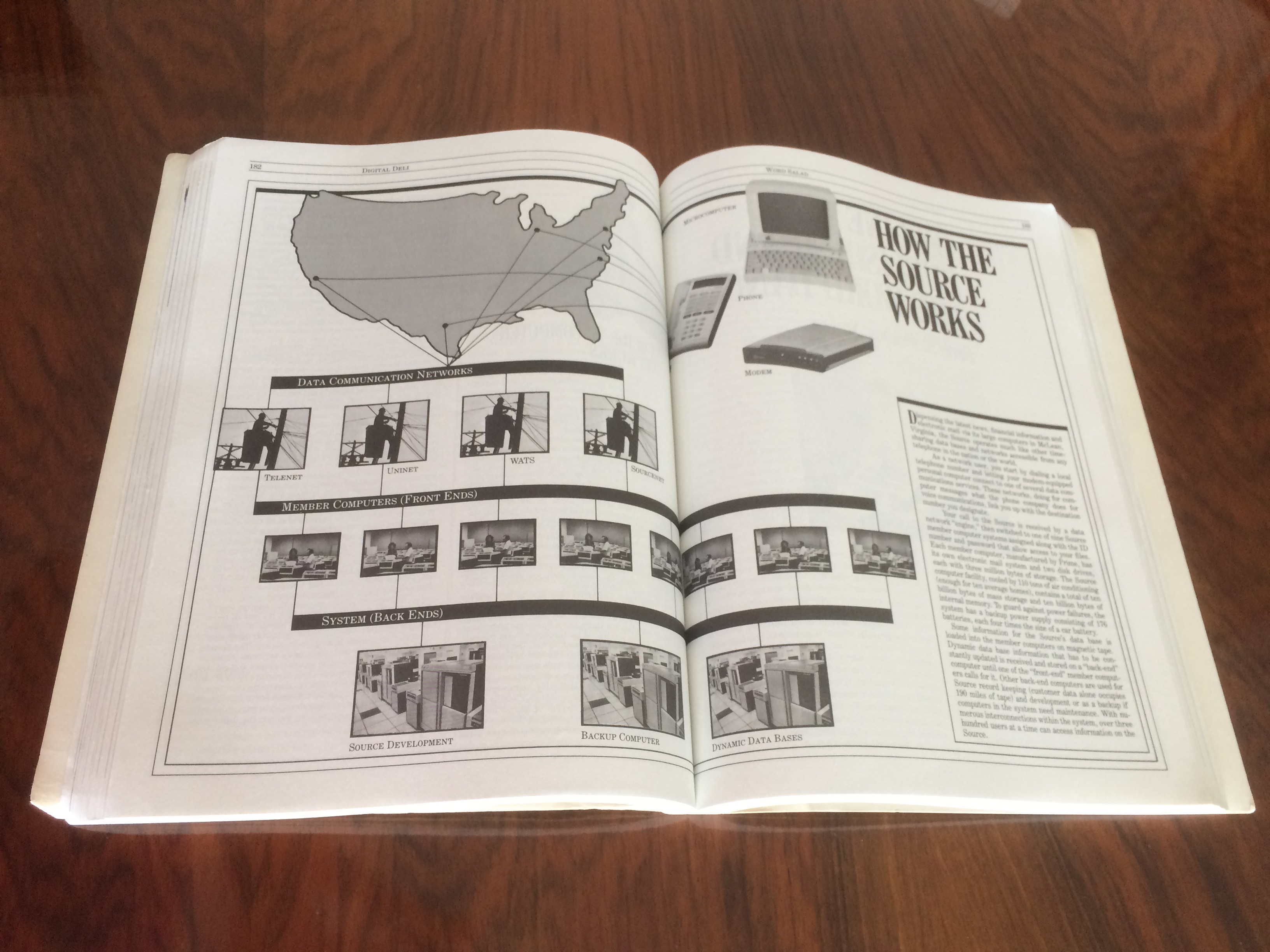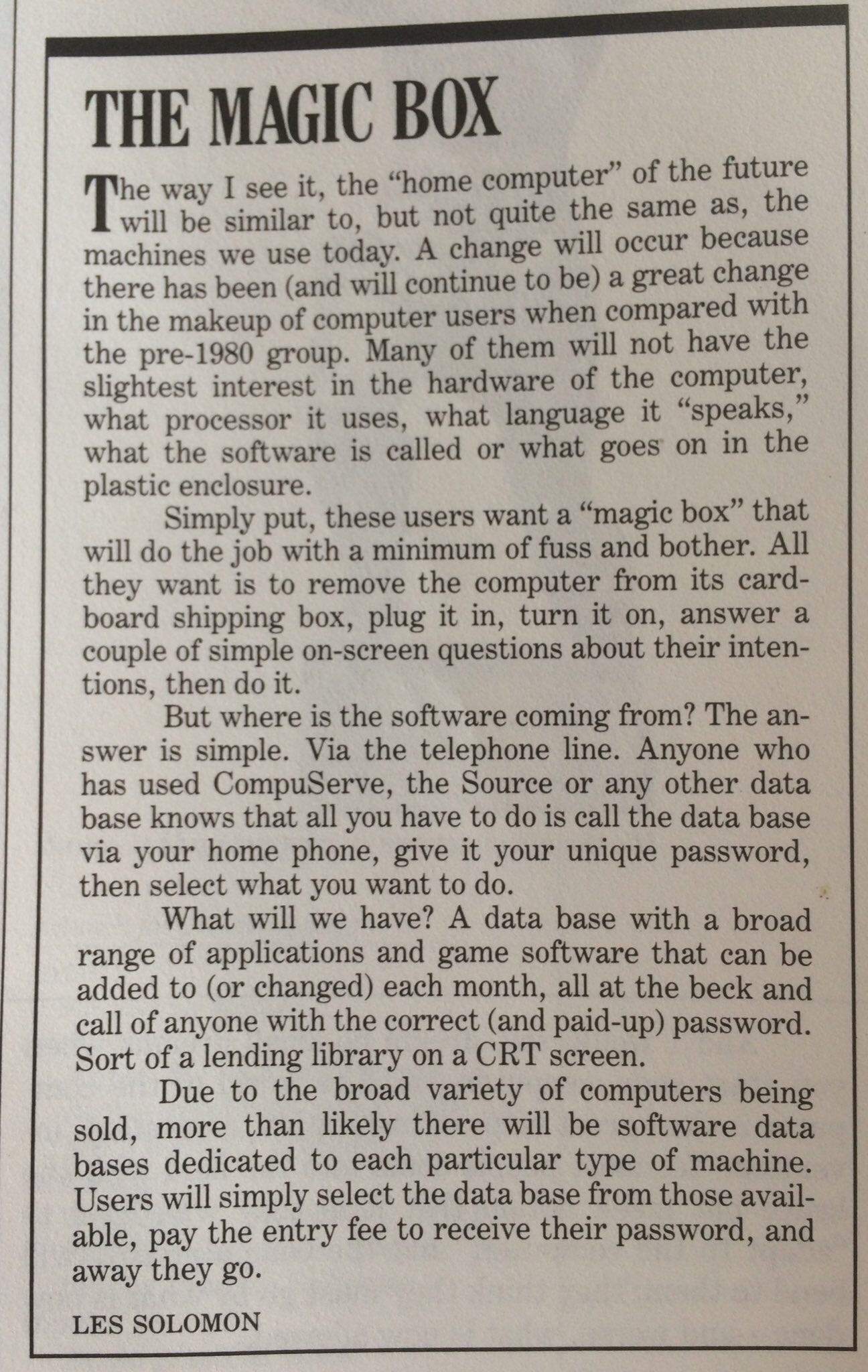If Harari's Sapiens was a blog post
If Sapiens were a blog post (30 min, via) is, in words of the author:
I spent over 25 hours building a cut-down version of Sapiens. The goal? Future-me should be happy to read this once future-me forgets how we evolved. It's massive for a blog post, just under 30 minutes, but that's the best I could do, condensing 9 hours worth of material.
The book is fantastic, a must-read, despite its flaws and objections. The blogpost has one big problem, despite the meritable effort: it summarizes the whats but not the whys.
I've skimmed through it, trying to find if it talks about what, for me, was the biggest realization of Sapiens: why humans transitioned from hunter-gatherer tribes into agricultural civilizations.
Hunterer-gatherer foraging was enough to feed a small tribe; a group of 30 people can be fed with a deer and some apples. A town of 200 people needs something more, so agriculture was developed. This new technology allowed for bigger human concentrations in a small area.
But why would humans want to live in larger groups, if it brought a lower quality of life? Famines, infections, fights, enslaving work, extreme class differences?
Harari argues that this was due to the appearance of religion.
Religion demanded that people (well, it was self-imposed, but bear with me) overcame bigger and bigger projects, like temples, sacrifices, wars, and other, which require a minimum amount of people to succeed. 30 people cannot build a temple, but 200 people can.
Therefore, it was due to religion that civilization as we know it developed. Religion needs large groups of people to work, and that is why we transitioned from hunting to agricultural societies. Maybe it was the other way around? With agriculture came religion? Again, the direction of this implication is what Harari defends, and I don't know enough to argue otherwise.
The blogpost devotes one chapter to talk about religion but doesn't mention that concept. Since it is one of the main points of the book, I'm not sure to which degree this summary looks over other core conclusions. This is a bit disappointing, but maybe it was not the author's intent to begin with.
For me, the magic of Sapiens is that it's not just a Wikipedia-like compendium of timelines and events, but rather provides some theories as to why things happened.
In any case, if this blogpost encourages you to read Sapiens, it will be time well spent.
Tags: books
Digital Deli, reading history in the present tense
Digital Deli: The Comprehensive, User Lovable Menu Of Computer Lore, Culture, Lifestyles, And Fancy is an obscure book published in 1984. I found about it after learning that the popular Steve Wozniak article titled "Homebrew and How the Apple Came to Be" belonged to a compilation of short articles.
I'm amazed that this book isn't more cherished by the retrocomputing community, as it provides an incredible insight into the state of computers in 1984. We've all read books about their history, but Digital Deli provides a unique approach: it's written in present tense.
Articles are written with a candid and inspiring narrative. Micro computers were new back then, and the authors could only speculate about how they might change the world in the future.
The book is adequately structured in sections which cover topics from the origins of computing, Silicon Valley startups, and reviews of specific systems. But the most interesting part for me are not the tech articles, but rather the sociological essays.
There are texts on how families welcome computers to the home, the applications of artificial intelligence, micros on Wall Street and computers on the classroom.
Fortunately, a copy of the book has been preserved online, and I highly encourage you to check it out and find some copies online
Besides Woz explaining how Apple was founded, don't miss out on Paul Lutus describing how he programmed AppleWriter in a cabin in the woods, Les Solomon envisioning the "magic box" of computing, Ted Nelson on information exchange and his Project Xanadu, Nolan Bushnell on video games, Bill Gates on software usability, the origins of the Internet... the list goes on and on.
If you love vintage computing you will find a fresh perspective, and if you were alive during the late 70s and early 80s you will feel a big nostalgia hit. In any case, do yourself a favor, grab a copy of this book, and keep it as a manifesto of the greatest revolution in computer history.


